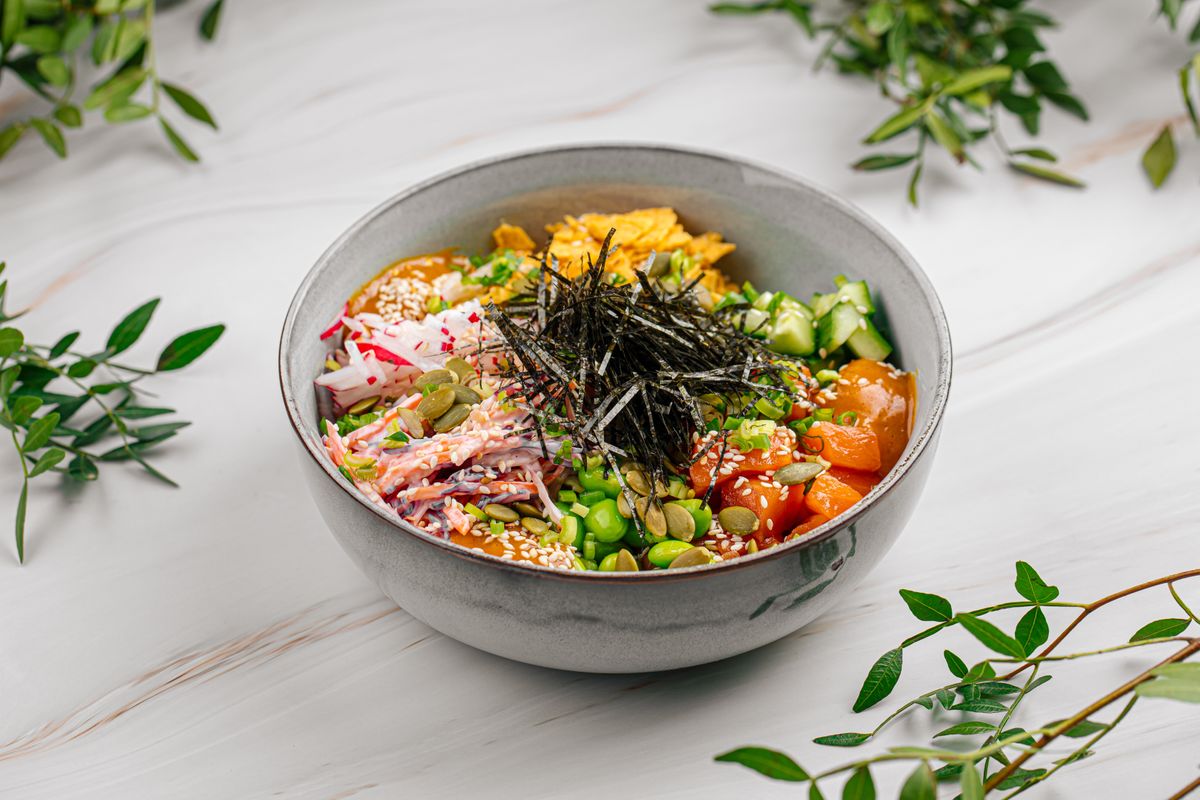Embarking on a weight loss journey through a low-calorie diet and exercise routine can be challenging. Whether you've been advised by a doctor or made the decision on your own, the potential rewards of a healthy lifestyle far outweigh the health complications that stem from unhealthy eating habits such as lack of energy, diabetes, high cholesterol, cardiovascular and metabolic problems, and more. However, resisting temptation and staying committed to a healthy path can be difficult. But it doesn't have to be daunting if you know which low-calorie foods are both delicious and effective in aiding weight loss.
According to the Mayo Clinic, weight loss is a simple balancing act between the calories you consume and the calories you burn through physical activity. By consuming fewer calories and increasing physical activity, you can achieve your weight loss goals.
According to the Dietary Guidelines for Americans 2020–2025, maintaining a healthy weight requires men to consume between 2,200–3,000 calories per day, while women should aim for a 1,600–2,400 calorie range. However, consuming fewer calories doesn't necessarily mean eating less food. There are plenty of delicious low-calorie foods that promote weight loss and can be eaten in large quantities, while still satisfying and curbing your appetite.
Weight Loss Diet: Which Low-Calorie Foods Should You Add to Your Grocery List?
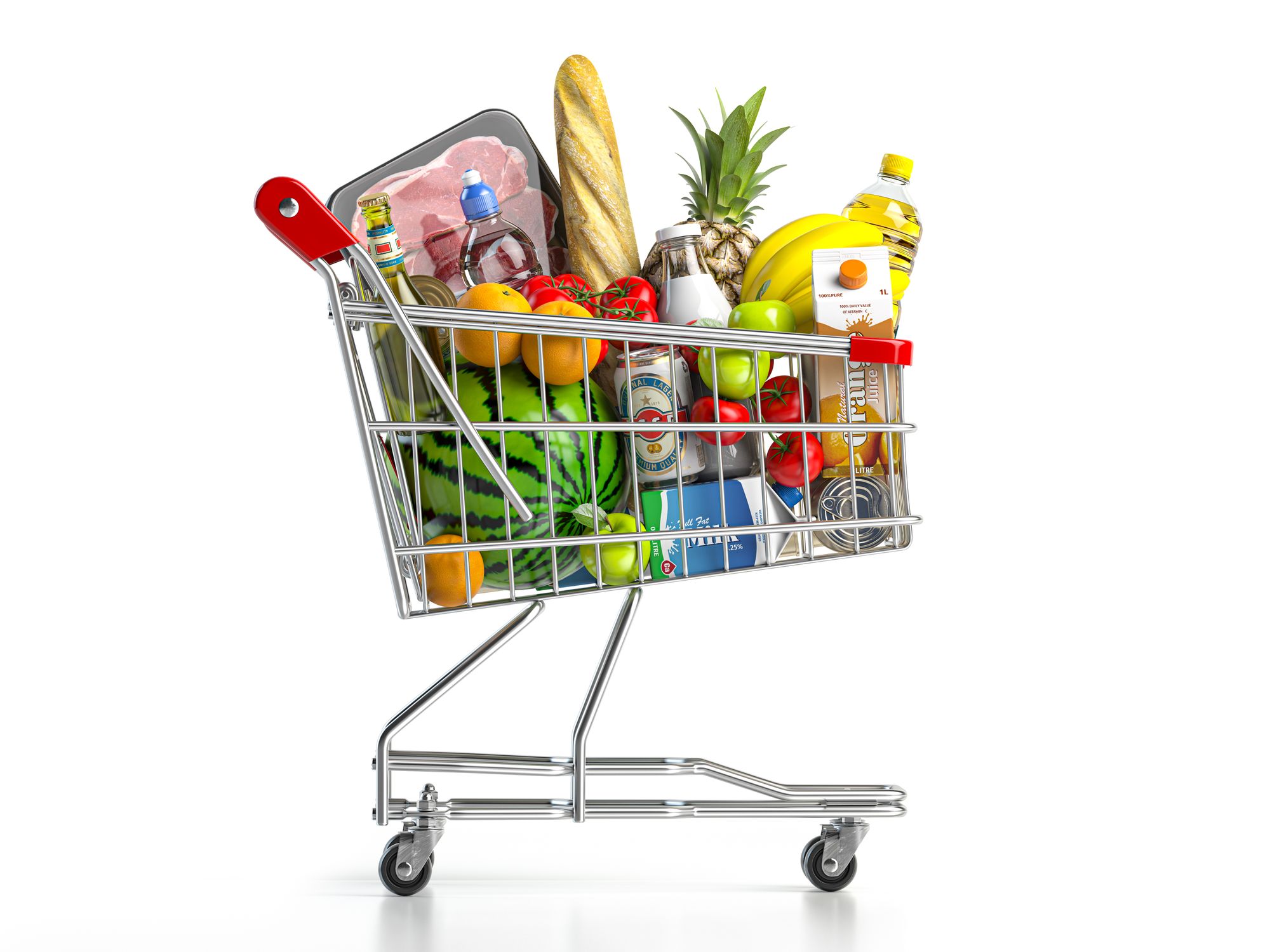
When on a weight loss journey, you may find yourself overwhelmed by the abundance of low-calorie foods available. To maximize the benefits of your diet, it's essential to focus on nutrient-dense and filling foods that can reduce the temptation to overeat. Some of the most effective nutrients for weight loss are protein, fiber, vitamin C, B vitamins, iron, magnesium, and quality carbohydrates found in whole foods like fruits, vegetables, and legumes.
You may already have many of these foods in your diet without even realizing it. If you already enjoy a particular low-calorie food that's high in fiber and protein and provides a range of vitamins and minerals, you're already on the right track towards achieving your weight loss goals. However, if you're unsure which low-calorie foods to include in your diet, don't worry—we've got you covered.
Keep reading to learn about low-calorie foods that can aid in weight loss while keeping you full. For more tips on healthy eating to support weight loss, check out our article on the 20 Best Superfoods to Eat.
1) Cucumbers: 15 Calories Per Cup
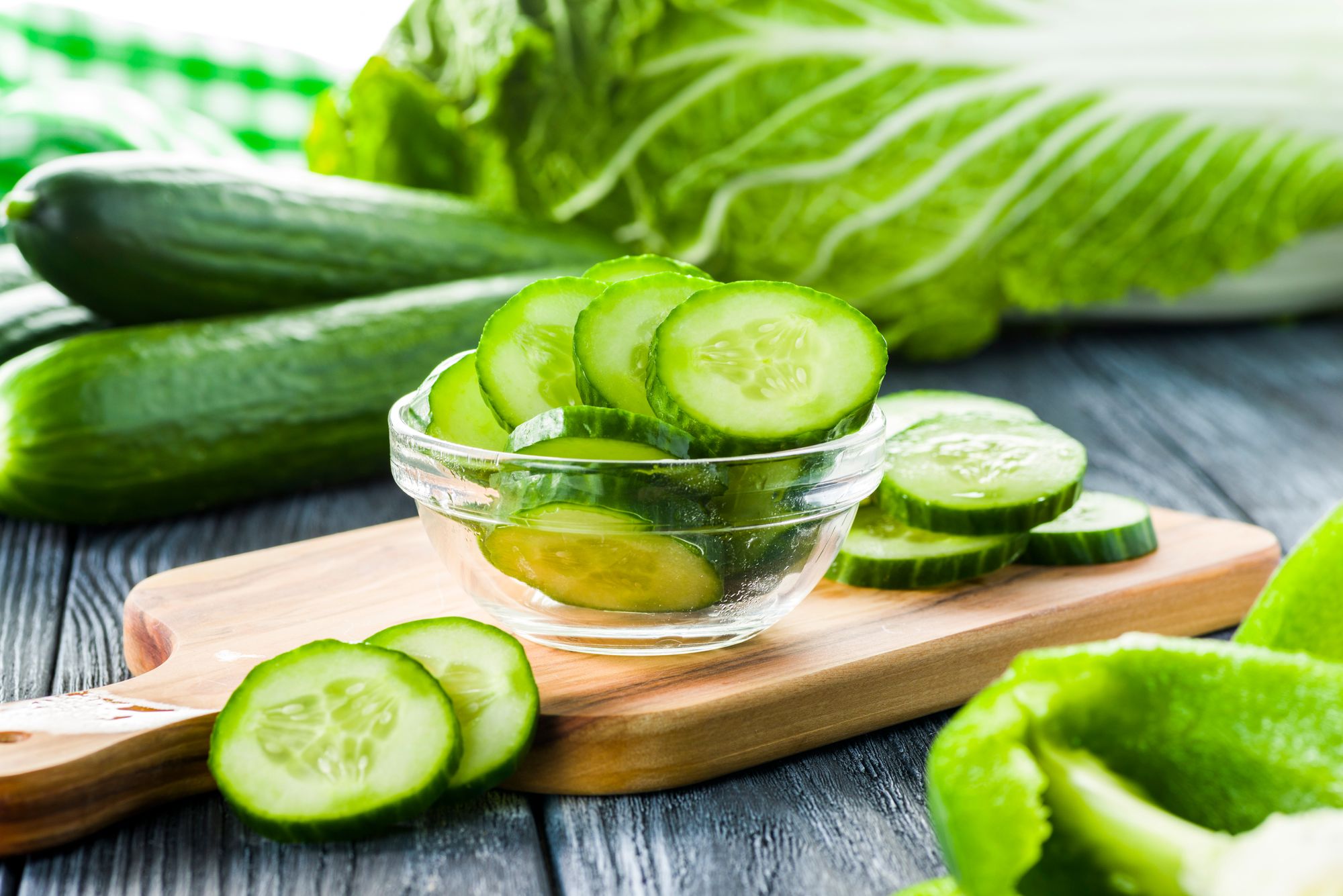
Cucumbers, with their high water content, are not only a refreshing snack, but also packed with health benefits, all while being low in calories. In fact, a cup of cucumber slices contains just around 15 calories, and keeping the skin on provides an additional gram of fiber. Research published in the journal Nutrients highlights the connection between weight loss and consuming low-calorie foods. Eating foods with a lower calorie density can help in managing body weight, and cucumbers make for an excellent choice due to their low-calorie count and added nutrients.
2) Blueberries: 86 Calories Per Cup
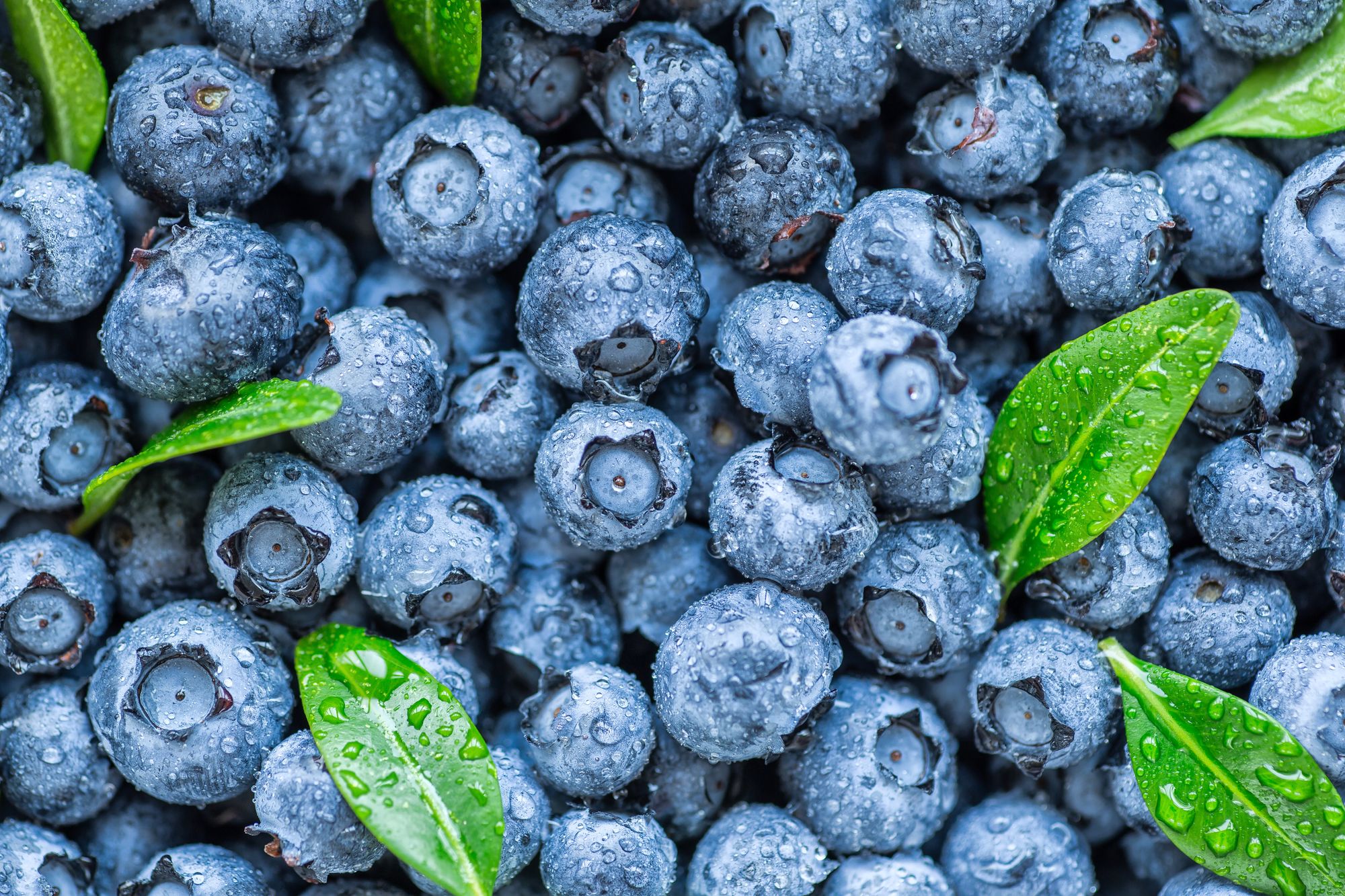
Blueberries are a tasty and nutritious fruit that can support weight loss efforts. A single cup of blueberries contains approximately 85.5 calories, almost 4 grams of fiber, and 1.1 grams of protein. Additionally, blueberries are packed with beneficial vitamins and nutrients that can help your body shed unwanted pounds. A recent study published in the journal Nutrients found that consuming the equivalent of a cup of fresh blueberries can be helpful for weight loss. The study revealed that blueberries can help your body burn fat during exercise, making them an excellent choice for those trying to lose weight
3) Broccoli: 30 Calories Per Cup
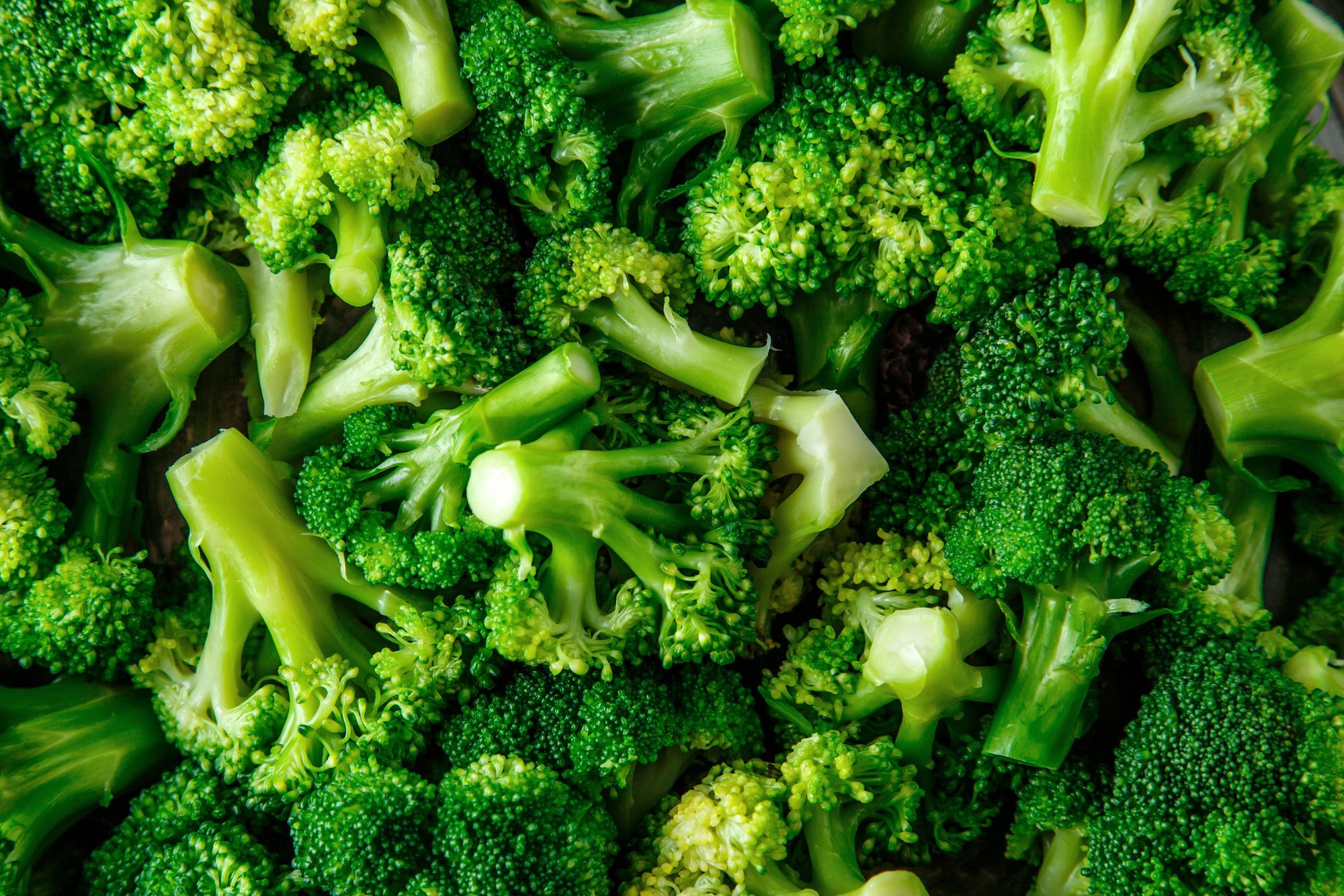
Broccoli is a nutrient-dense vegetable that can provide your body with essential vitamins and minerals while supporting weight loss efforts. Chopped broccoli florets, in particular, are an excellent low-calorie option, containing only 30 calories per cup, along with over 2 grams of both protein and fiber. A single cup of chopped broccoli also contains 82 milligrams of vitamin C, which accounts for 90% of the daily recommended value for this nutrient. Adequate vitamin C intake is associated with weight loss, as it can help your body burn fat more efficiently during exercise. A study published in the Journal of Nutrition found that individuals who consumed higher amounts of vitamin C tended to have a lower body weight than those who did not include enough of this nutrient in their diet.
4) Grapefruit: 52 Calories Per Half
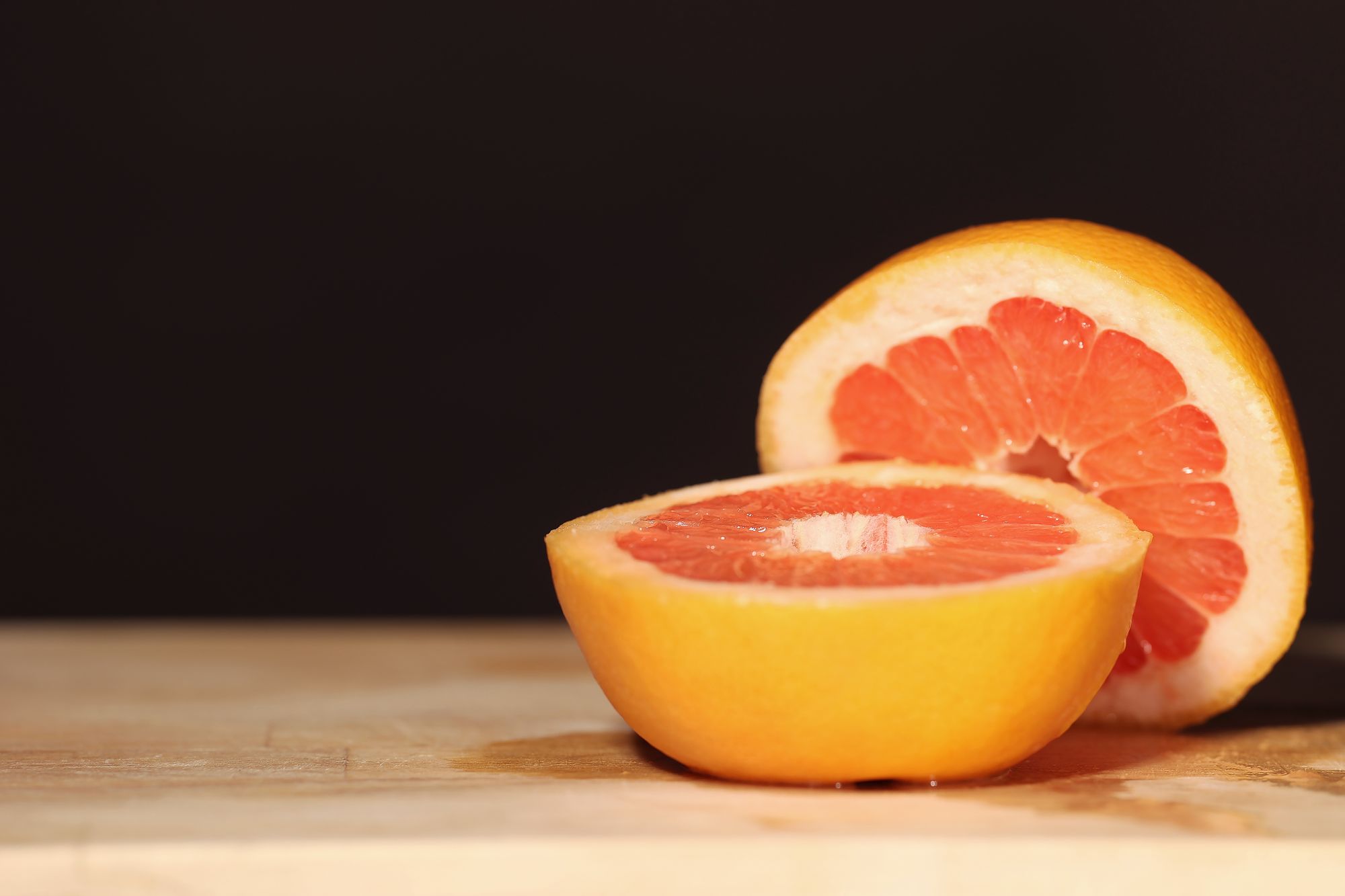
Grapefruit is a classic citrus fruit that can be an excellent addition to a healthy and balanced diet. Half a grapefruit contains only 52 calories, along with 2 grams of fiber and almost 40 milligrams of vitamin C, providing over 42% of the daily recommended value for this nutrient. While grapefruit has been associated with controversial fad diets, it can support weight loss when consumed as part of a well-rounded meal plan. A 12-week pilot study published in The Journal of Medicinal Food investigated the effects of consuming grapefruit on weight and insulin resistance. The study found that participants who consumed either a glass of grapefruit juice or half a grapefruit with each meal experienced significant weight loss. Incorporating grapefruit into your diet can be a healthy and delicious way to aid in weight loss efforts.
5) Almonds: 164 Calories Per 1 Ounce
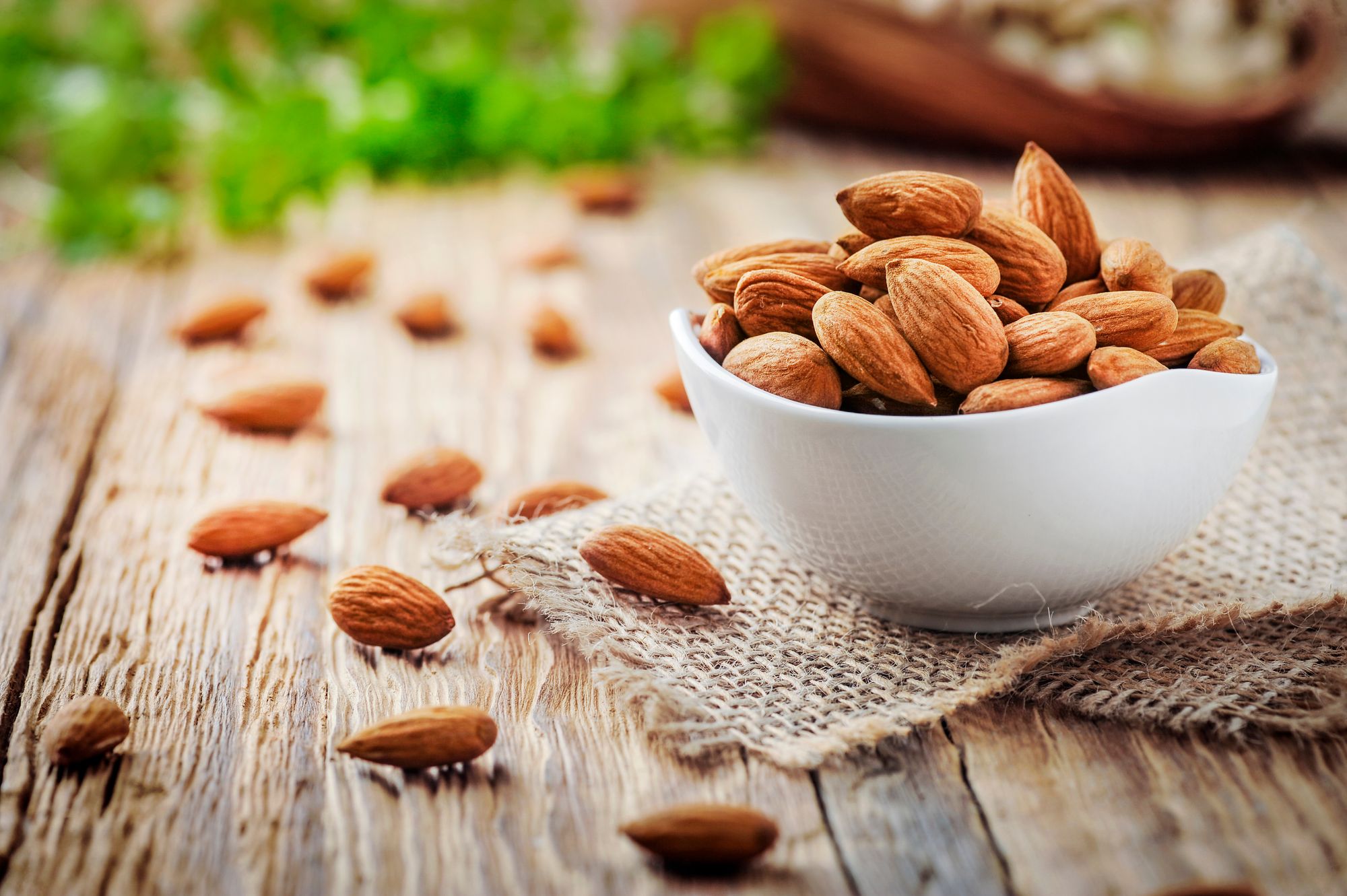
Almonds are a great option for a healthy and filling snack. A one-ounce serving of almonds contains only 164 calories, but provides 6 grams of protein and 3.5 grams of fiber. These nutrients make almonds a satisfying and portable snack that can help curb hunger throughout the day. When you feel less hungry, you're less likely to indulge in unhealthy foods that can hinder your weight loss goals. Incorporating almonds into your diet can be an effective way to support weight loss and promote overall health.
6) Greek Yogurt: 150 Calories Per Cup
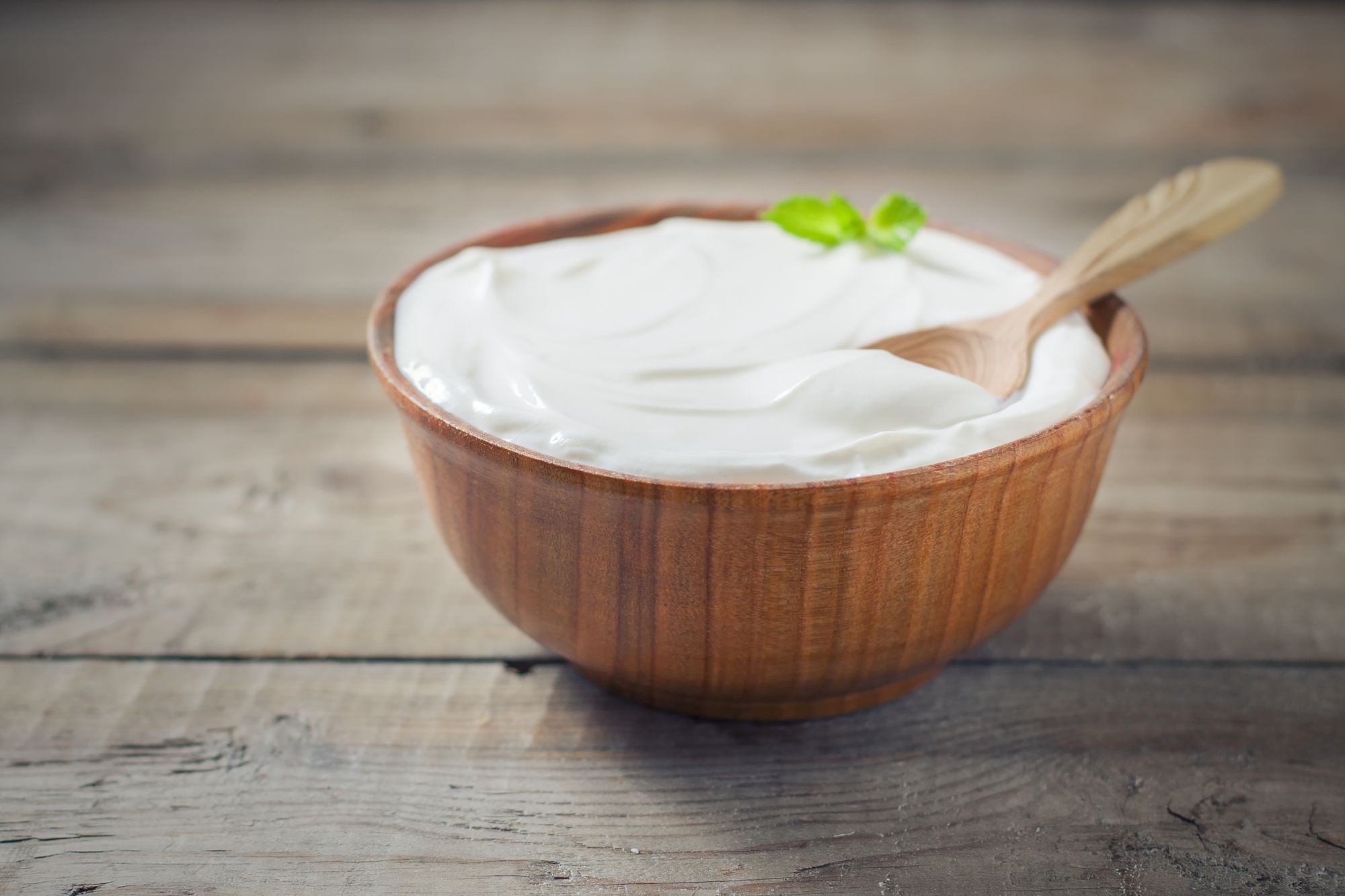
Greek yogurt is a versatile food that can enhance the flavors of many nutritious foods, including almonds, berries, cucumbers, and even baked potatoes. With over 25 grams of protein per cup and less than 150 calories per serving, Greek yogurt is a filling and nutritious option for a meal or snack. Its ability to keep you full may also support weight loss efforts. A study published in Appetite found that female participants who consumed high-protein Greek yogurt felt less hungry and more satiated for a longer period of time than when they snacked on other protein-rich foods. Incorporating Greek yogurt into your diet can be a smart choice for a healthy and satisfying meal or snack that supports your weight loss goals.
7) Oats: 150 Calories Per 1/2 Cup
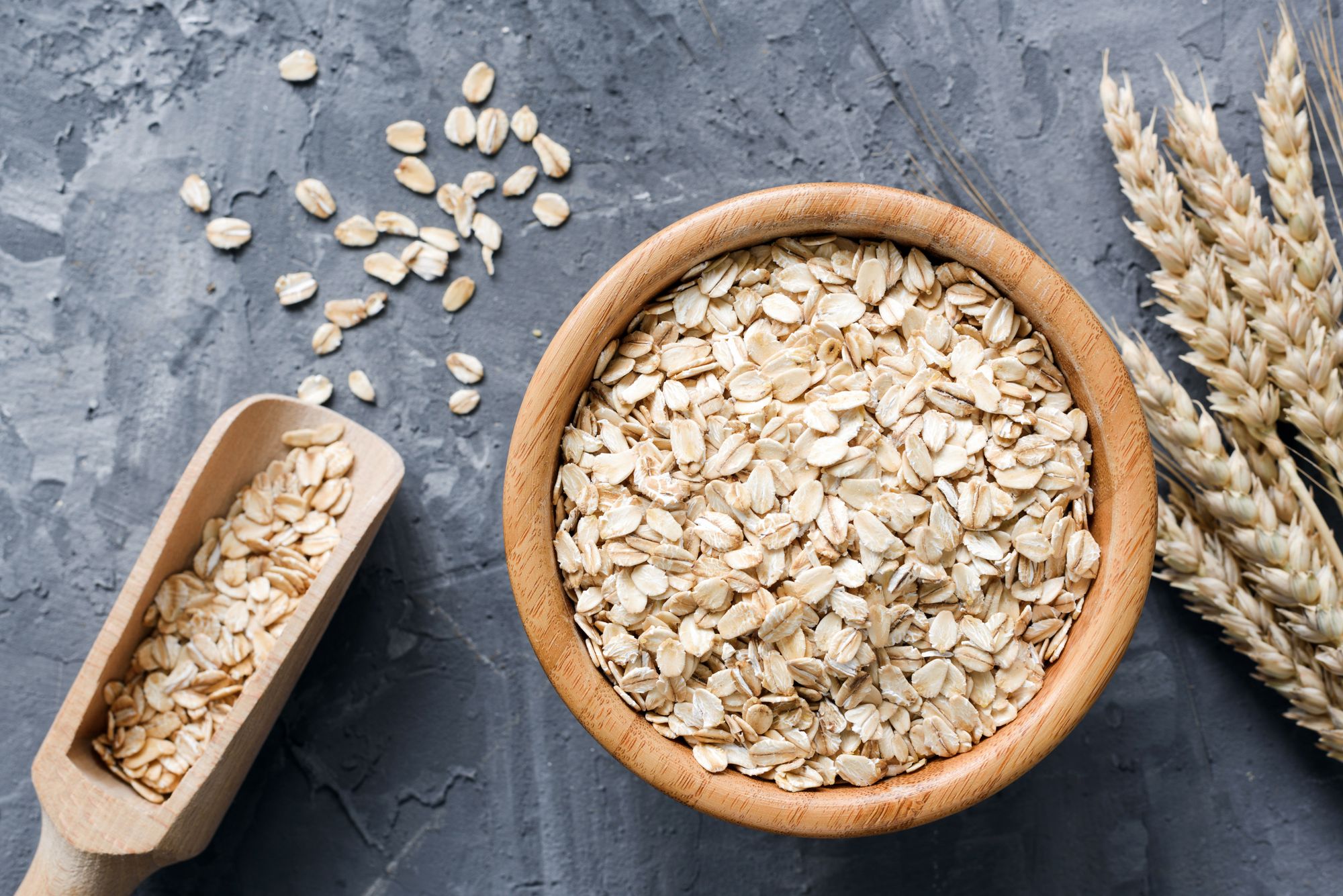
Oatmeal is a nutritious and versatile food that can be enjoyed with sweet or savory flavors. It's also an excellent choice for those seeking to achieve their weight loss goals. Just a half-cup of rolled oats provides 150 calories, 5 grams of protein, and 4 grams of fiber. Although a half-cup serving size may seem small, underestimating the power of fiber in oatmeal would be a mistake. The 4 grams of fiber in a half-cup serving account for 15% of the daily recommended value for this nutrient. Oatmeal is a filling food that can keep you satisfied until your next meal, thanks to its high fiber content. Incorporating oatmeal into your diet can be a smart choice for a nutritious and satisfying meal or snack that supports your weight loss efforts.
8) Raspberries: 64 Calories Per Cup
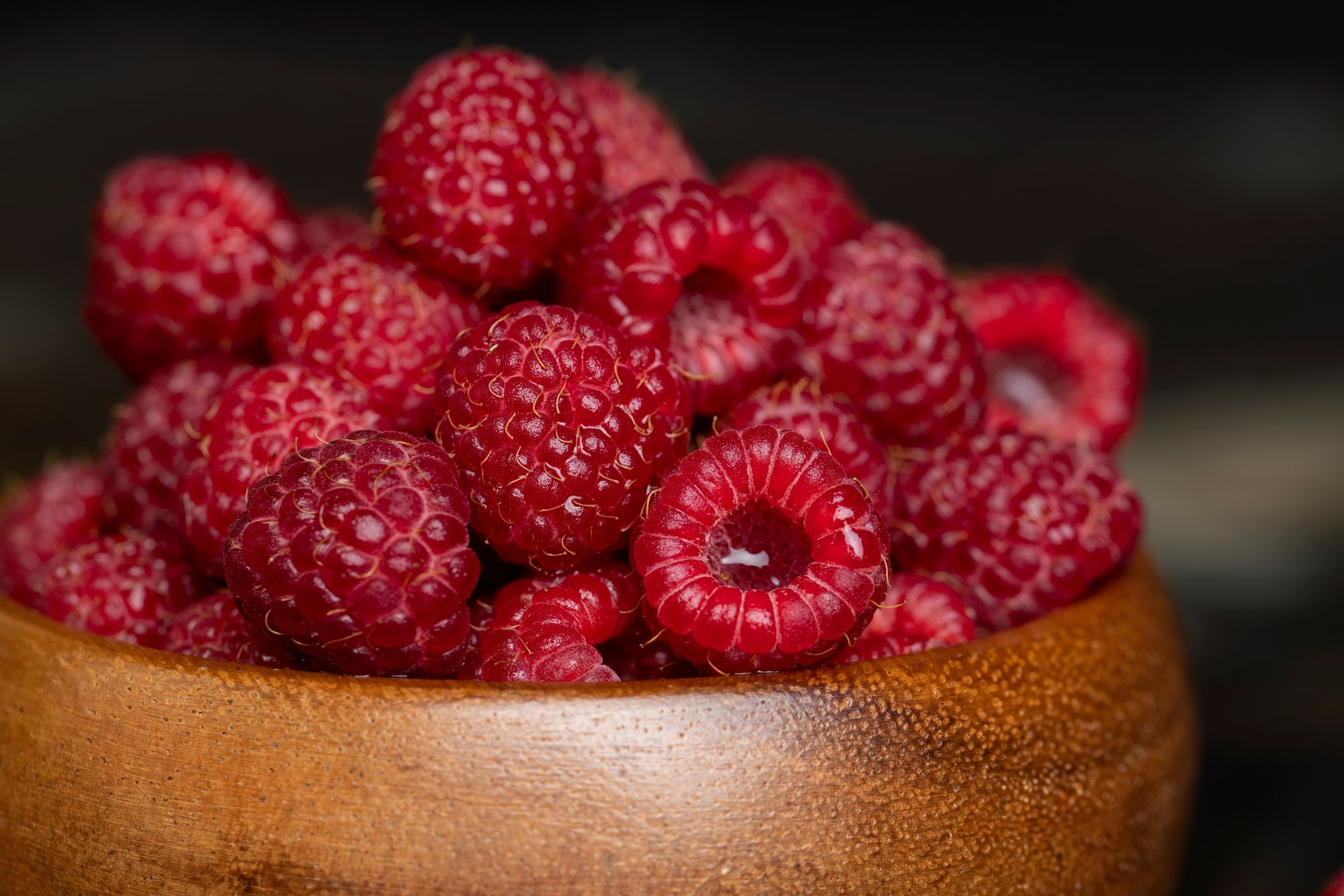
If you're searching for low-calorie foods to add to your grocery list, raspberries should be at the top. These bite-sized berries are a great choice for weight loss, as a one-cup serving contains only 64 calories and a whopping 8 grams of fiber. In addition, raspberry ketone, the primary aroma compound in raspberries, has been linked to weight loss in some studies. Incorporating raspberries into your diet can be a smart choice for a nutritious and delicious snack that supports your weight loss efforts.
9) Pears: 101 Calories Per Medium Fruit
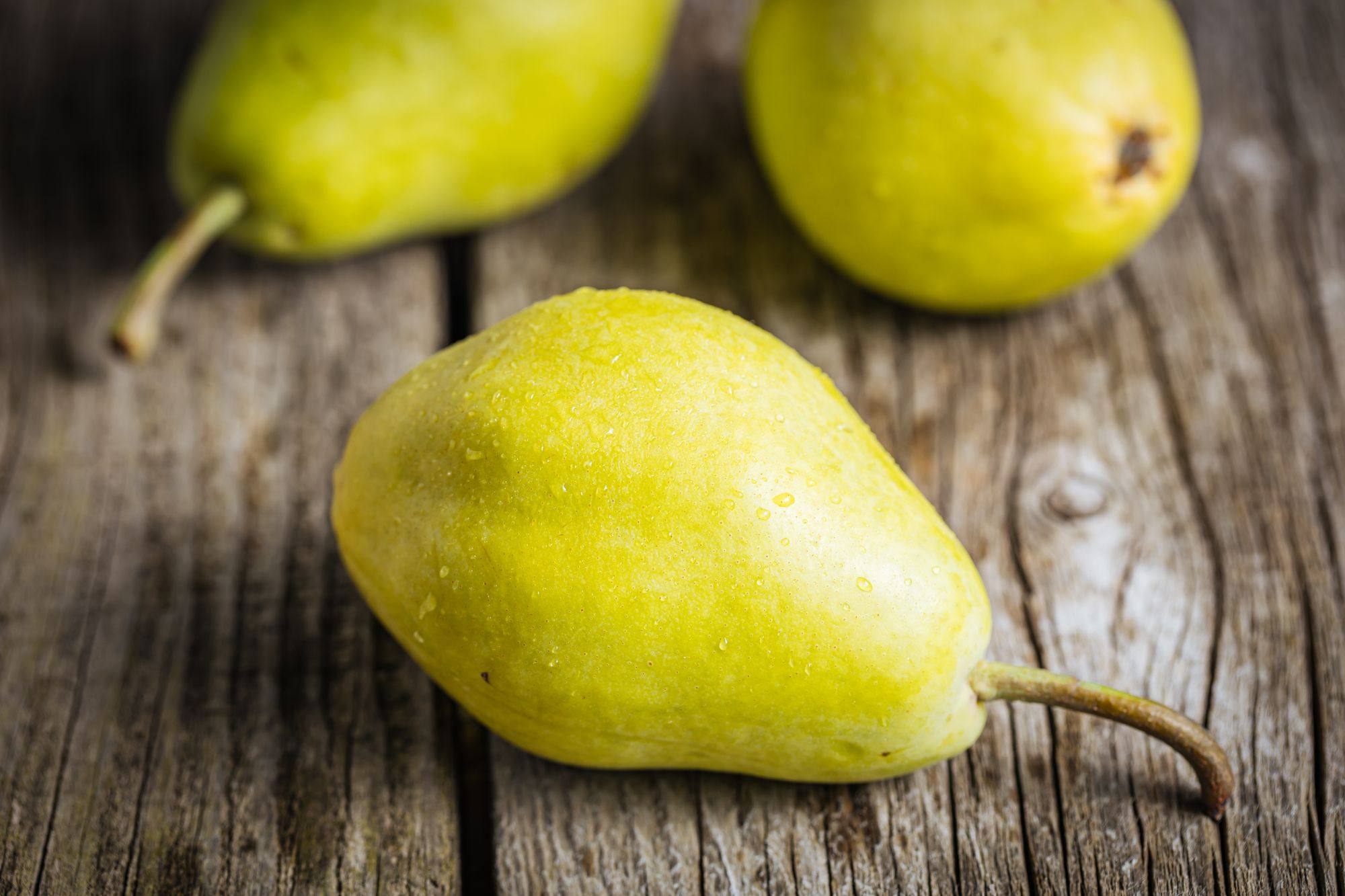
Pears are a low-calorie fruit that can be a great addition to a weight loss diet. With just 80 calories per cup, pear slices provide over 4 grams of fiber, making them a filling and nutritious snack. A study published in the journal Nutrition found that female participants who ate either three pears or three apples each day were able to accelerate their weight loss compared to those who consumed fewer fruits over a 12-week period. Incorporating pears into your diet can be a smart choice for a healthy and satisfying snack that supports your weight loss goals.
10) Peas: 59 Calories Per 1/2 Cup
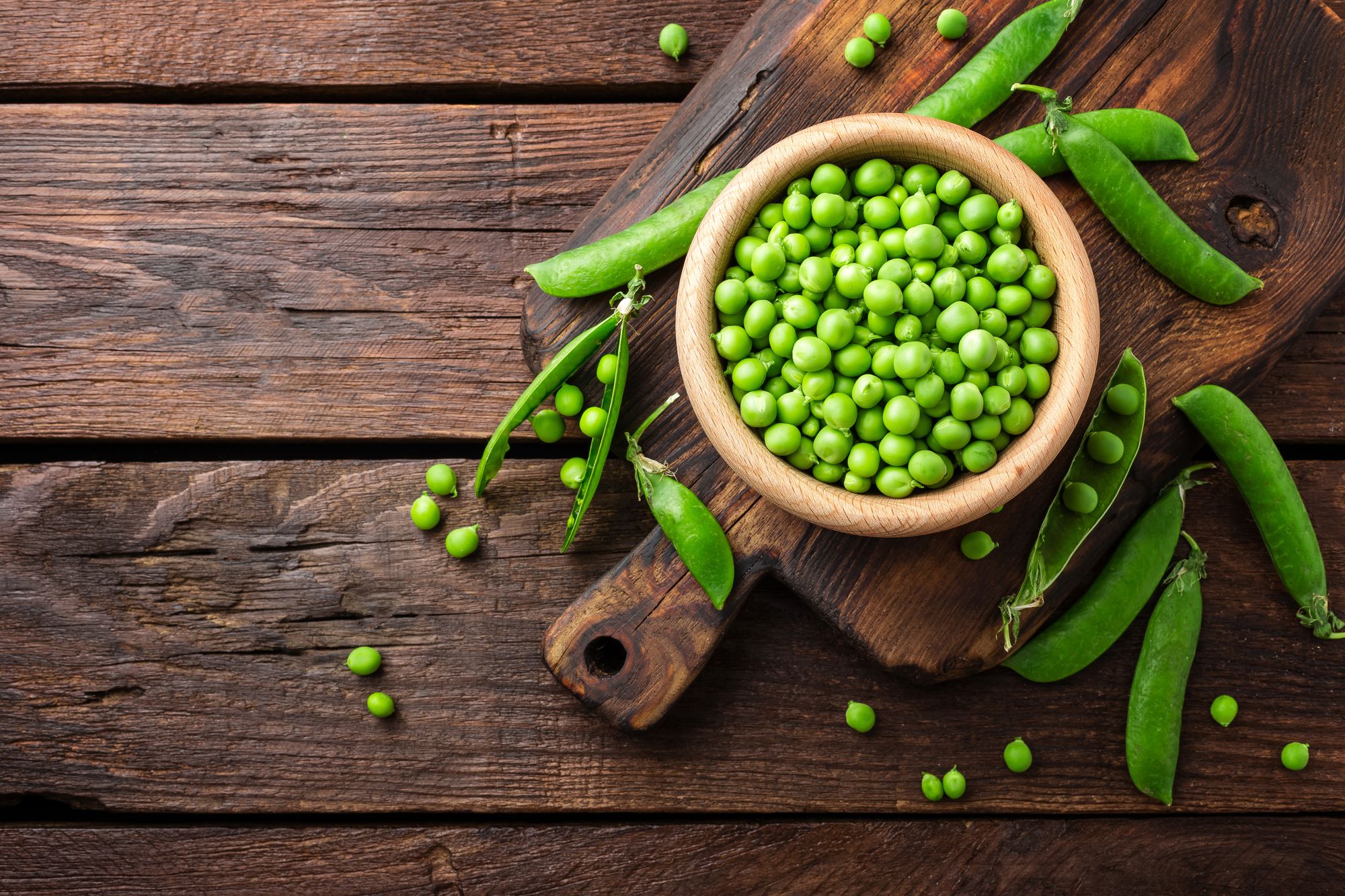
Kenan Thompson, known for his comedic talent on shows like Saturday Night Live and All That, once sang about the benefits of eating peas in his role as the quirky lunch lady character, Ms. Piddlin. And it turns out she was on to something. Peas are a nutritious food that can support weight loss goals. A cup of peas contains only 117 calories and approximately 8 grams of both fiber and protein. Peas, along with other legumes like beans, lentils, and chickpeas, have been scientifically linked to supporting and sustaining weight loss. If you're still skeptical about eating peas, consider giving them a chance as a part of your weight loss plan. As Ms. Piddlin would say, "Peas are the champions!"
11) Black beans: 114 Calories Per 1/2 Cup
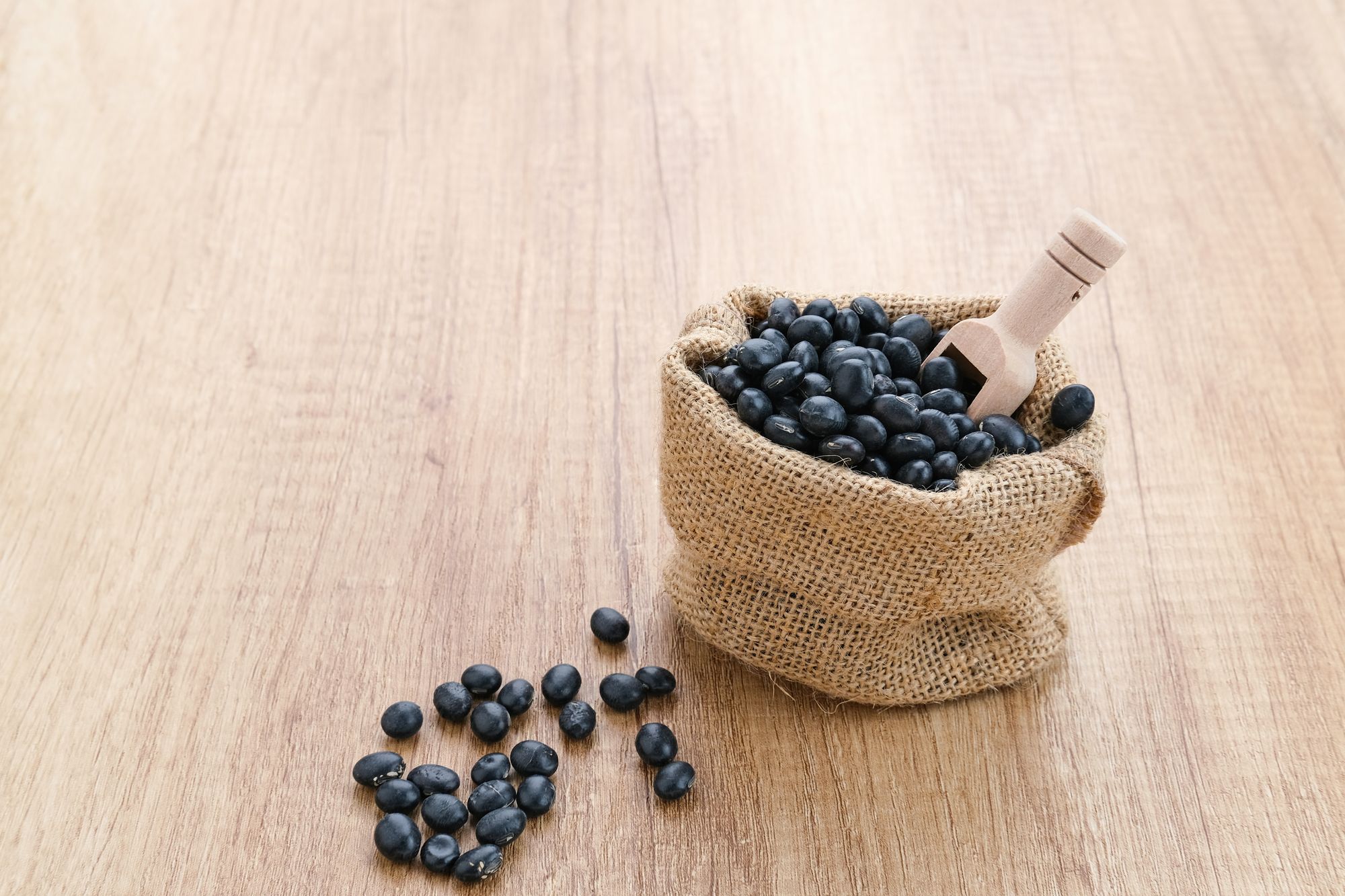
Black beans are a nutritious legume that can provide a healthy dose of protein and fiber to support weight loss goals. Half a cup of black beans contains almost 7 grams of protein and nearly 5 grams of fiber, which is equivalent to 18% of the daily recommended value for fiber. Surprisingly, this amount of black beans is only 110 calories, making them a filling and low-calorie food choice. Furthermore, a 2020 study published in the Journal of Nutrition and Metabolism found that black beans and other legumes have dietary qualities that may be beneficial in the fight against obesity. The study suggests that consuming black beans can help reduce body fat and support weight loss efforts. Incorporating black beans into your diet can be a healthy and delicious way to achieve a snatched waistline while supporting overall health.
12) Dates: 67 Calories Each
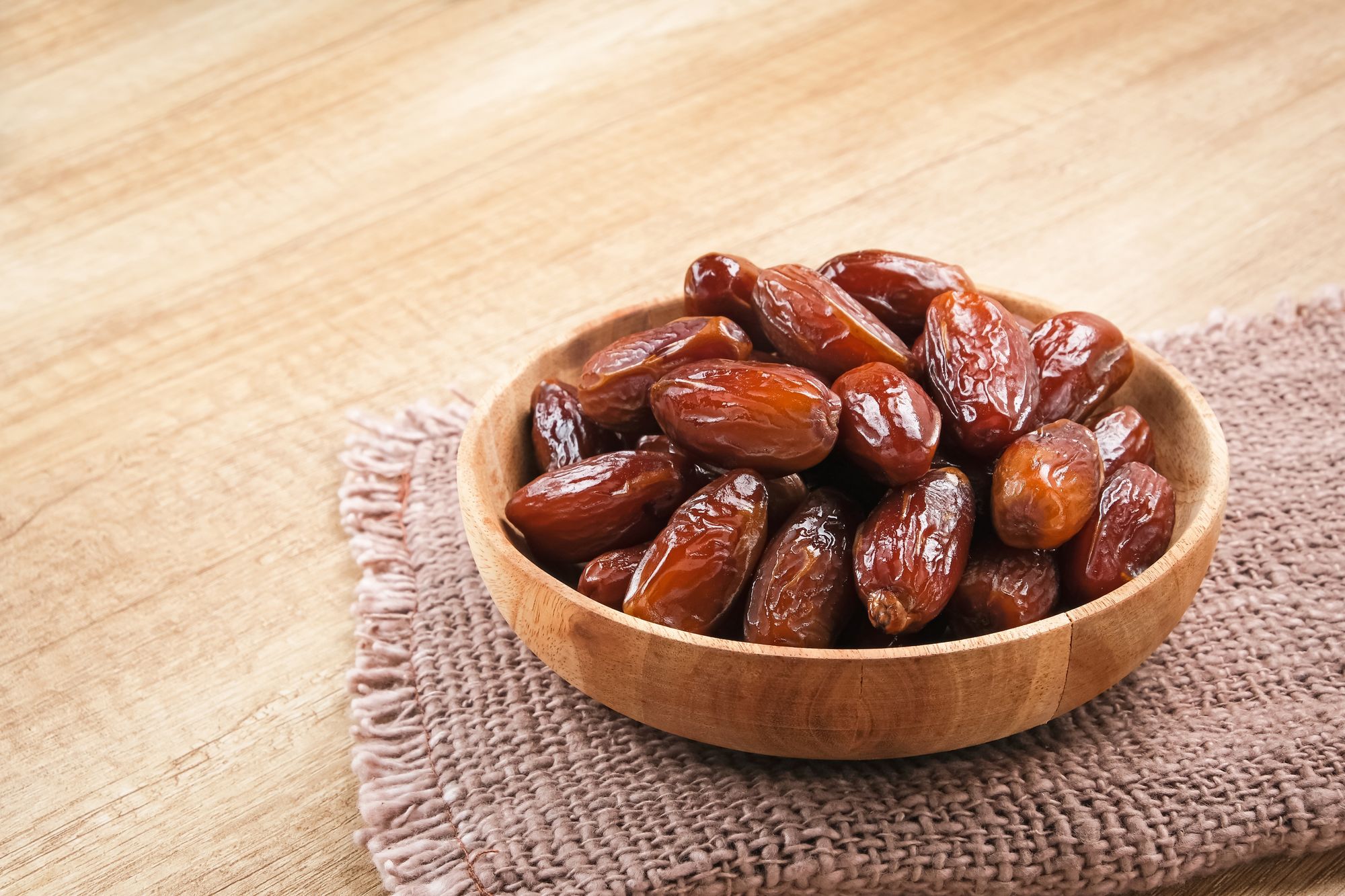
Although the direct correlation between date consumption and weight loss is still under debate, a 2020 clinical trial found that eating three dates per day did not result in an increase in body mass index (BMI). According to Medical News Today, this suggests that consuming a small number of dates each day is unlikely to lead to weight gain. While one pitted date may contain 18 grams of carbohydrates and natural sugar, research has shown that quality carbohydrates from whole foods can be more satiating than fats. Furthermore, dates are a low-calorie fruit, containing only 66.5 calories each, and provide almost 2 grams of fiber, making them a filling and nutritious snack. Incorporating dates into your diet can satisfy your sweet tooth while avoiding less nutritious treats that can hinder your weight loss journey.

